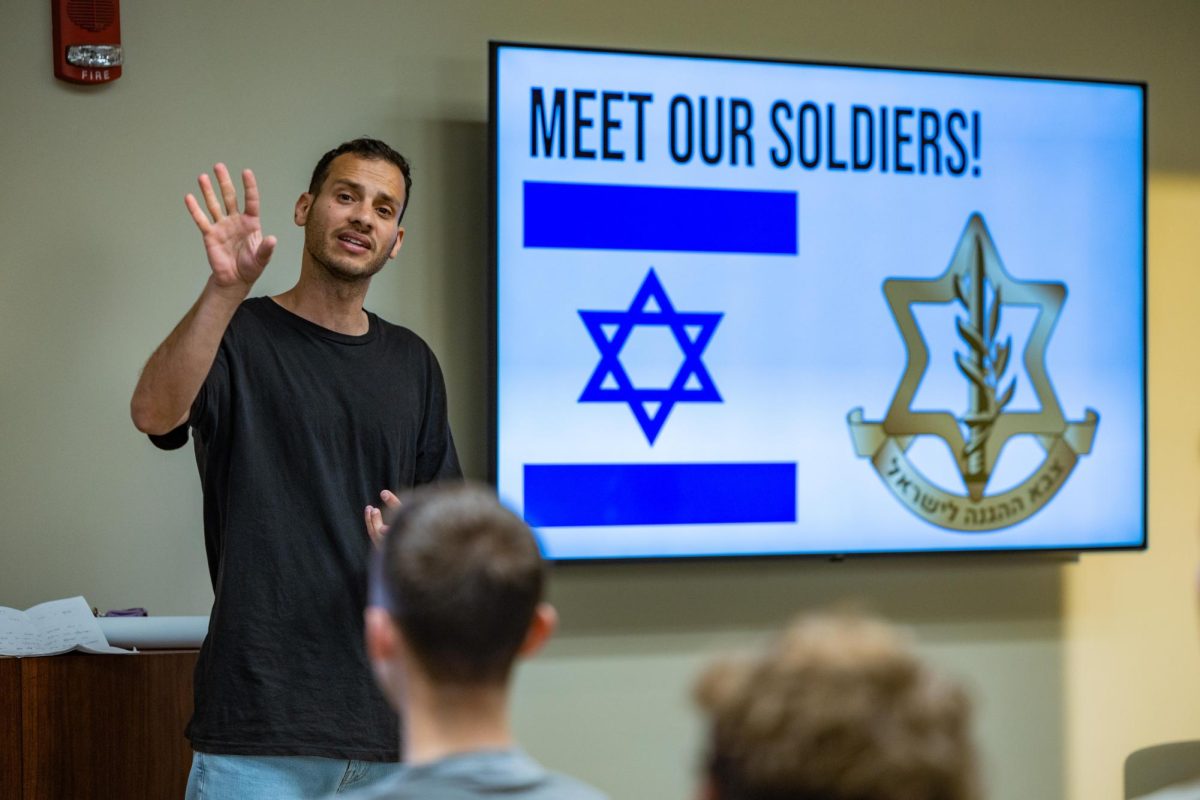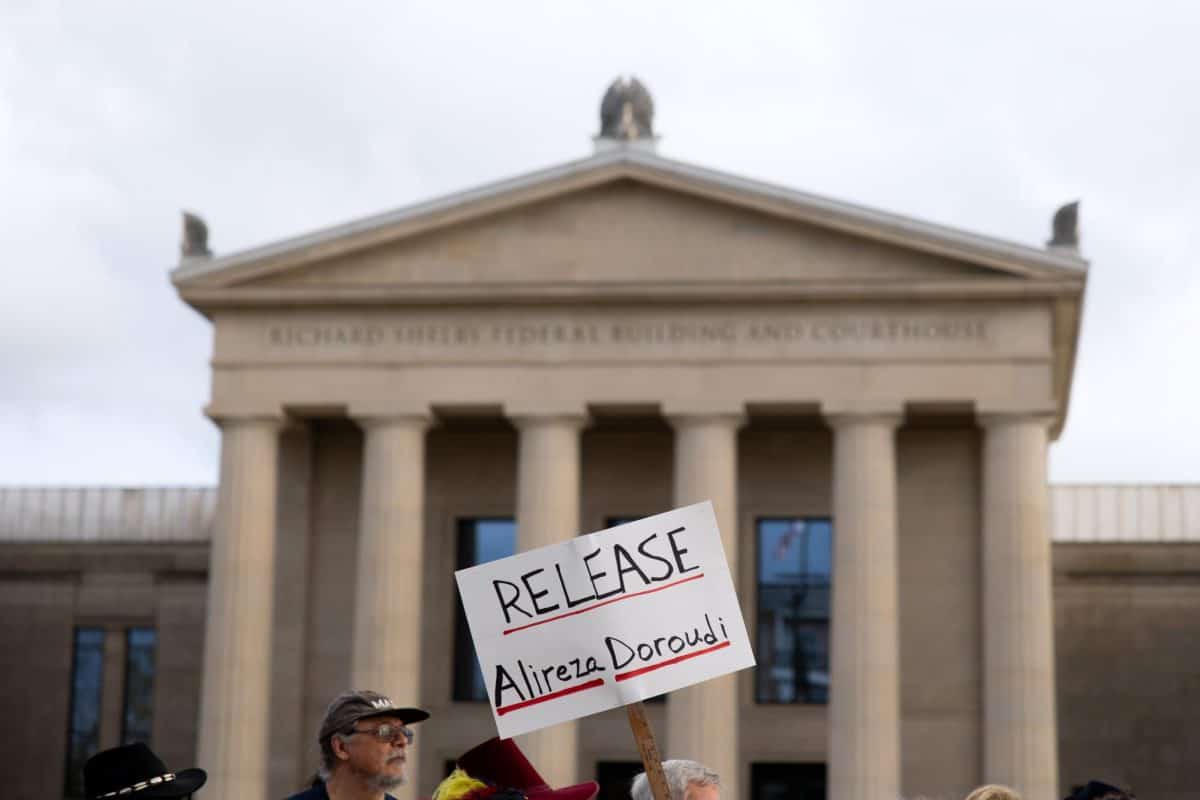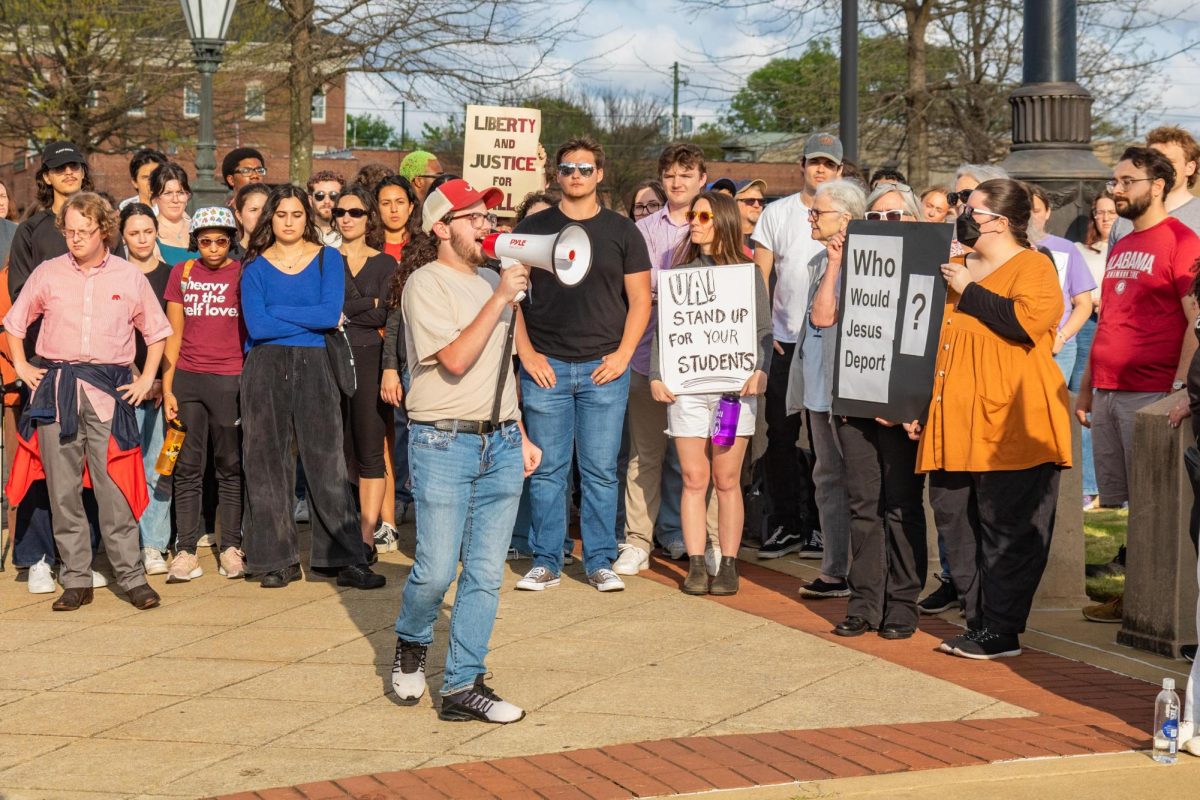After more than 35 years at the University, Douglas E. Jones, professor emeritus of geological sciences and curator of invertebrate paleontology at the Alabama Museum of Natural History, died Friday at 79, after a brief illness.
Jones served as dean of the College of Arts and Sciences from 1969 to 1984, the director of UA Museums from 1984 to 1997, dean of University Libraries from 1984 to 1986, and acting vice president for academic affairs from 1988 to 1990.
Jones was born in Tuscaloosa and graduated from the University in 1952 with a bachelor’s degree in geology and earned his doctorate degrees in both geology and paleontology from Louisiana State University in 1959.
Jones began teaching in the department of geology-geography in 1958 and was later appointed head of the department. He spent his entire professional career at the University, totaling 38 years. Jones retired in 1996, but continued to work closely with the University, especially with the Museum of Natural History. He served on the museum’s board of directors until his death.
“He was very good person and supporter of the University. He believed very strongly in the University and what it was doing, and he has held a number of different positions at the university and did extremely well in managing those,” said former UA President Joab Thomas.
Jones had recently been working on reorganizing and cataloging the museum’s invertebrate collection, which contains over 10,000 specimens. Jones’ granddaughter, Avery Driggers, a Capstone Woman at the University, said that as recently as January, Jones could be found categorizing fossils.
Both Jones and his father, Walter Bryan Jones, who served as state geologist, were dedicated to the Moundville Archaeological Park. Jones was very interested in identifying the site of Spanish explorer Hernando DeSoto’s 1540 battle with Mississippi Indians.
Jones was active with several state and national societies for geology, paleontology and mineralogy and was listed in American Men of Science. He also wrote and edited books and articles dealing with geology, paleontology, 16th century Spanish explorations in the Americas and gold prospecting in New Guinea.
“One of his biggest passions was his love for nature — he was a naturalist and a conservationist before it was fashionable,” Driggers said.
Over the years, Jones was honored with several awards, including the Algernon Sydney Sullivan Award in 1997 and an honorary doctorate of humane letters degree in 2003, both from the University.
Besides his academic work, Jones served in France from 1952 to 1954 as a U.S. Army engineer officer and continued working with the U.S. Army Reserve for 14 years. He was also an elder in the First Presbyterian Church of Tuscaloosa.
“I think one of the neatest things about him was that he was a man of faith, but he was also a man of science. I always respected that and I think his students respected that, no matter what they believed,” Driggers said.
Both Jones’ wife, Bonnie, and Driggers believe that Jones had a big impact on the students that he taught over the years. Bonnie Jones said that Jones’ “his first love was teaching,” and that he always “challenged his students to do well.”
“He could see in people their best parts and get at them in ways that would be a benefit to them,” Ms. Jones said. “A lot of people have come up to me and said that if it wasn’t for him, they wouldn’t be where they are today. He always had an open door.”








